Antimicrobial Resistance – the hidden killer we’re ignoring

Antimicrobial Resistance has become an enormous challenge for global health, yet remains largely ignored by companies. As this deadly race worsens, we urgently need to address the huge mismatch between the need and incentive for developing new antimicrobial drugs. By Katja Rosenkranz from V-Bio Ventures It´s nearly 100 years since the discovery of penicillin by […]
Imitating nature: H2WIN’s innovative solution enables production of green hydrogen

Belgian GreenTech company H2WIN has developed H2GREEN: an ingenious system to make hydrogen production 100% renewable, more efficient, less expensive, and less energy consuming. Based in Nivelles, H2WIN drew inspiration from nature’s own ancient methods of generating energy: photosynthesis. The company is currently looking for funding to finance the next steps towards industrial-scale production. This […]
New GMOs on the horizon: say ‘cheese’!

To meet the challenges of climate change and global food demand, more VCs are investing in AgTech companies. A lot of these companies are using genetic modification to create better plant-based alternatives for animal products. One US company, Nobell Foods, is even developing casein-producing soybean plants that can be used to make plant-based cheese that […]
Trusting gut bacteria: MRM Health develops microbiome treatments for IBD and more

In the last decade, there has been a growing interest in the potential of microbiome-based therapeutics: using gut bacteria as a medication to battle a wide array of diseases. Ghent-based start-up MRM Health is an important innovator in this growing field, building on the expertise of sister company ProDigest and of prominent partners such as […]
Beer, bread and bioethanol: SUPERYEAST project to improve industry sustainability
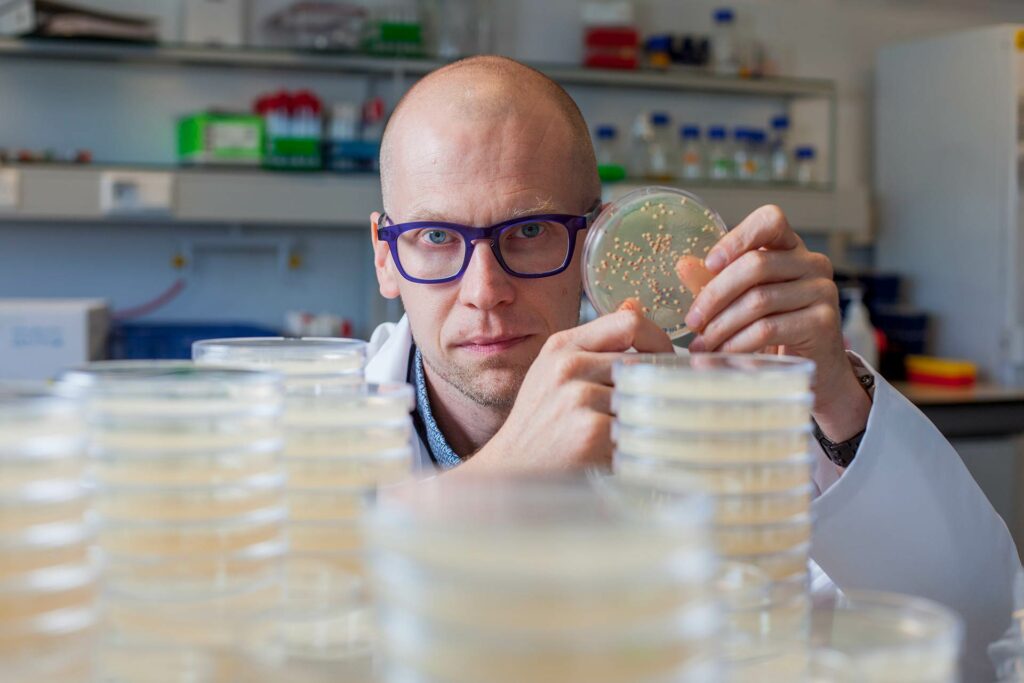
Prof. Kevin Verstrepen, of the VIB-KU Leuven Center for Microbiology, has received a prestigious ERC Proof of Concept grant for the SUPERYEAST project. The goal is to develop industrial yeast strains that are easier to grow, which would increase the efficiency and sustainability of processes in a whole array of sectors. Notably, the research could […]
Soy in 1000 gardens: citizen science project to map soil microbes in Flanders
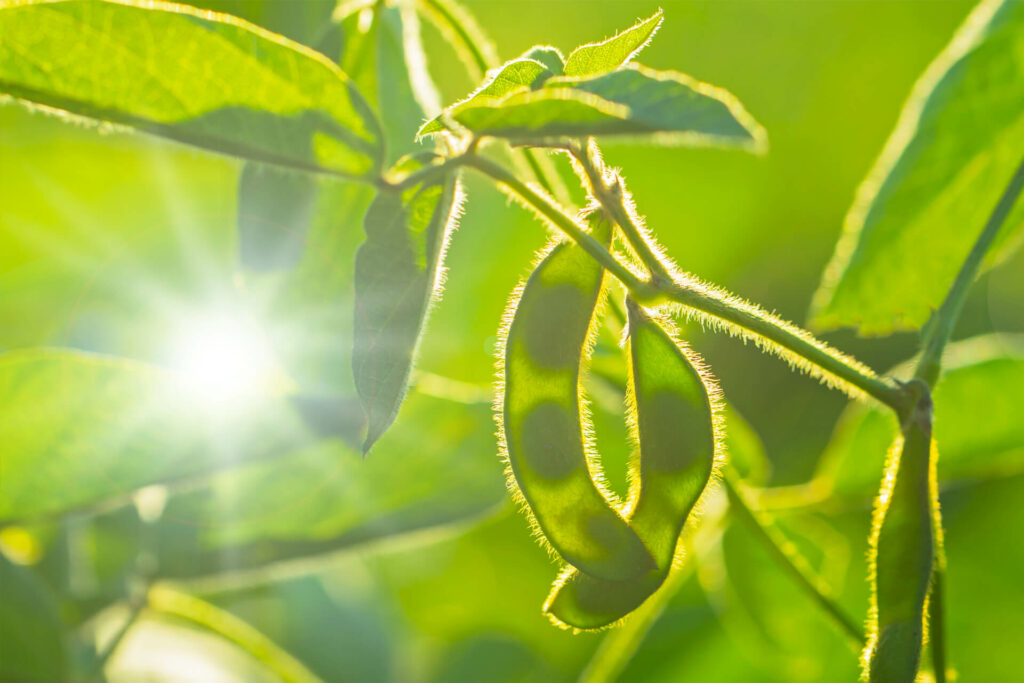
Good science takes many hands. In the case of a new citizen science project by VIB, UGent, ILVO, KU Leuven, the hands they were after were green-thumbed individuals in Flanders. The institutes have recruited gardeners to plant soybeans, in the hope of identifying microbial species in soils across Flanders that promote the growth of the […]
Colorectal cancer discovery raises hope for microbiome treatment
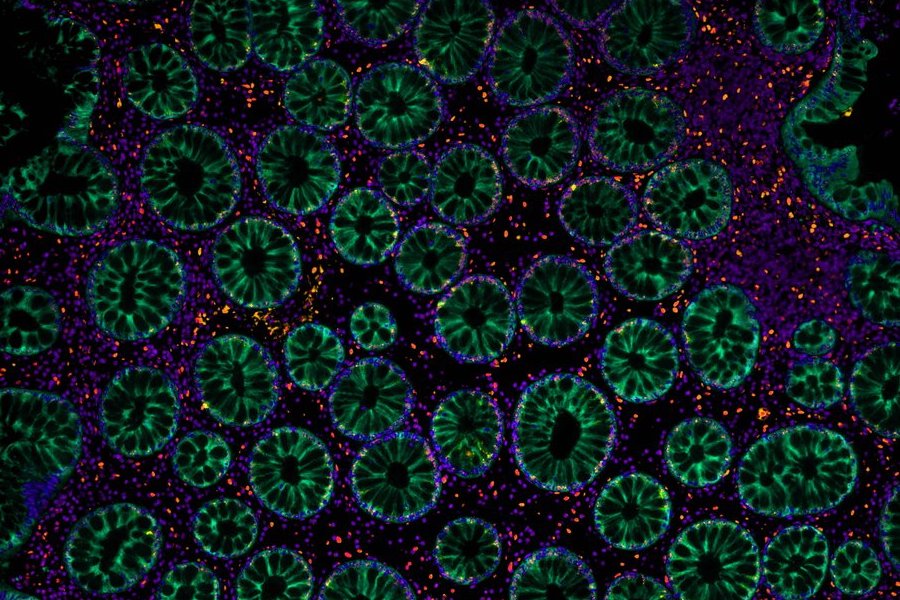
A new mechanism causing colorectal cancer has been discovered by researchers from VIB and Ghent University. A specific protein was found to affect the integrity of the intestinal wall, allowing infiltrating bacteria to cause inflammation that drives cancer progression. Promisingly, the scientists also demonstrated that manipulating the immune system or microbiome can prevent this chain […]
Battling antibiotic resistance: new strategy targets bacterial slime
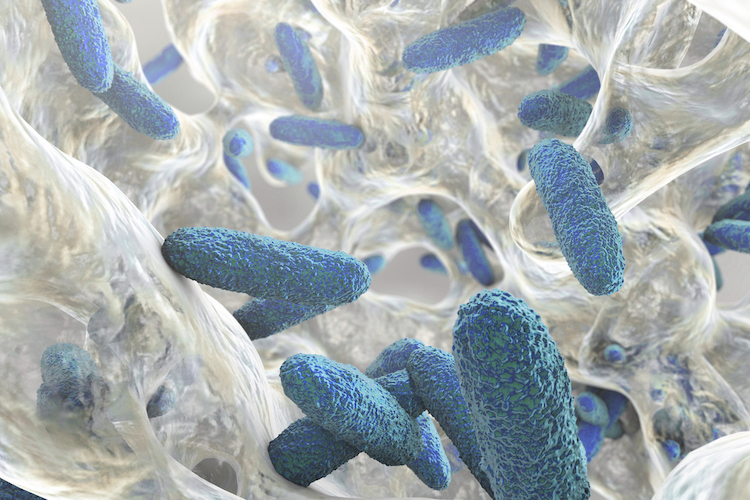
Researchers have developed a new antibacterial strategy that weakens bacteria by preventing them from cooperating. The method involves attacking the protective biofilm produced by the whole bacterial colony, rather than the individual bacteria themselves. Because this results in non-resistant bacteria outcompeting their antibiotic resistant neighbors, the strategy does not promote the development of further resistance.
Mining the microbiome for sustainable agriculture solutions
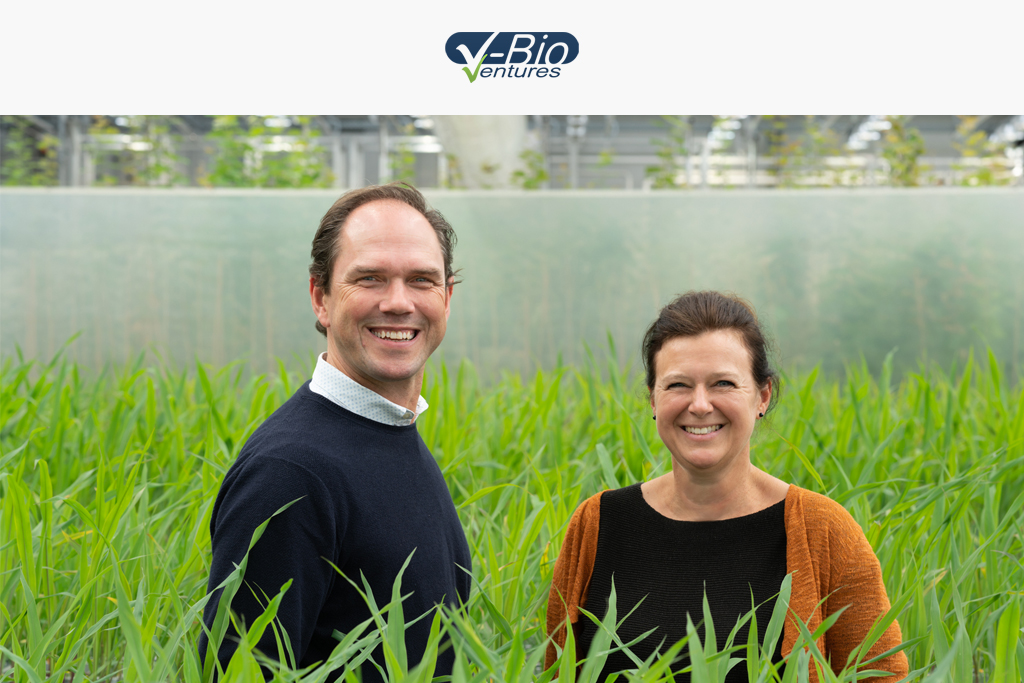
In this month’s article we take a look at Aphea.Bio, a V-Bio Ventures portfolio company. This startup is developing microbiome products for improved crop growth and pest protection, using state-of-the art technology. By Amy LeBlanc. Header image: Dr. Steven Vandenabeele (CSO) and Dr. Isabel Vercauteren (CEO), courtesy of Aphea.Bio. The microbiome has been a hot […]
Solving food waste one StixFresh sticker at a time
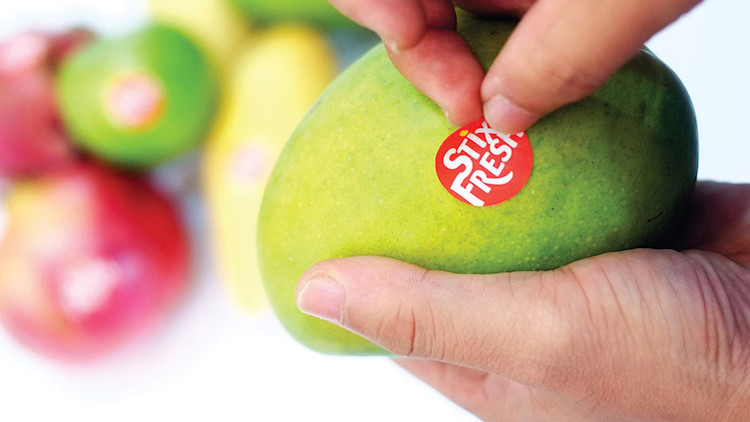
Food waste is a major global issue exacerbated by premature fruit spoilage. A US company, StixFresh, is working together with VIB-KU Leuven Prof Patrick Van Dijck to develop a solution to the problem. The company has created stickers coated in a plant-based antimicrobial formula that protects fruit from fungal infections, extending their shelf life by several weeks.
WELBIO joins ranks with celebrities after a new bacterium is named after the institute
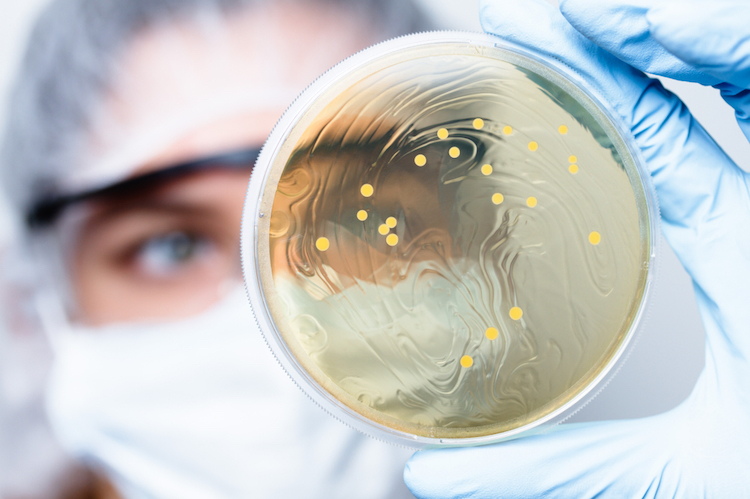
WELBIO has received a truly unique form of acknowledgement: a newly discovered bacterium has been named after the research institute. The human gut microbe was discovered during a project led by Prof. Patrice Cani (WELBIO-UCLouvain), who proposed the name Dysosmobacter welbionis. By Amy LeBlanc What do David Attenborough, Barack Obama and The Beatles have in […]
Edible antibodies to prevent and treat gut diseases
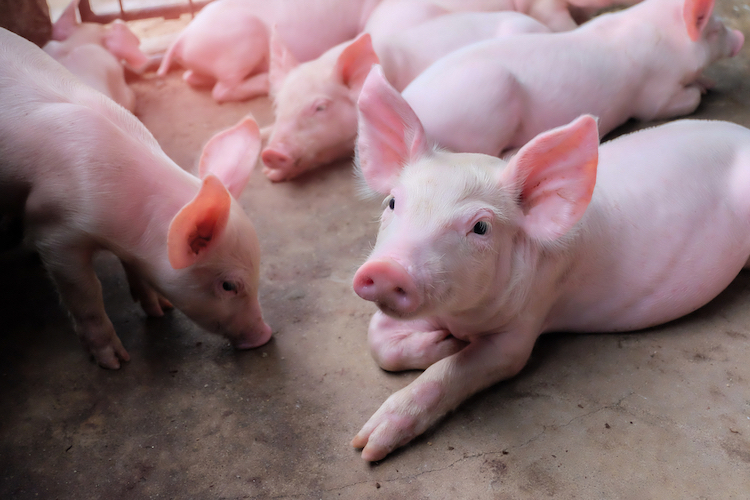
Belgian researchers have developed edible antibodies that can prevent gut bacterial infections. Normally antibodies need to be injected, but the antibodies developed by Dr. Vikram Virdi in the group of Dr. Nico Callewaert can instead be mixed with food and eaten. These antibodies are produced using yeast and have so far been shown to protect […]
Deadly mosquitoes are invading Europe
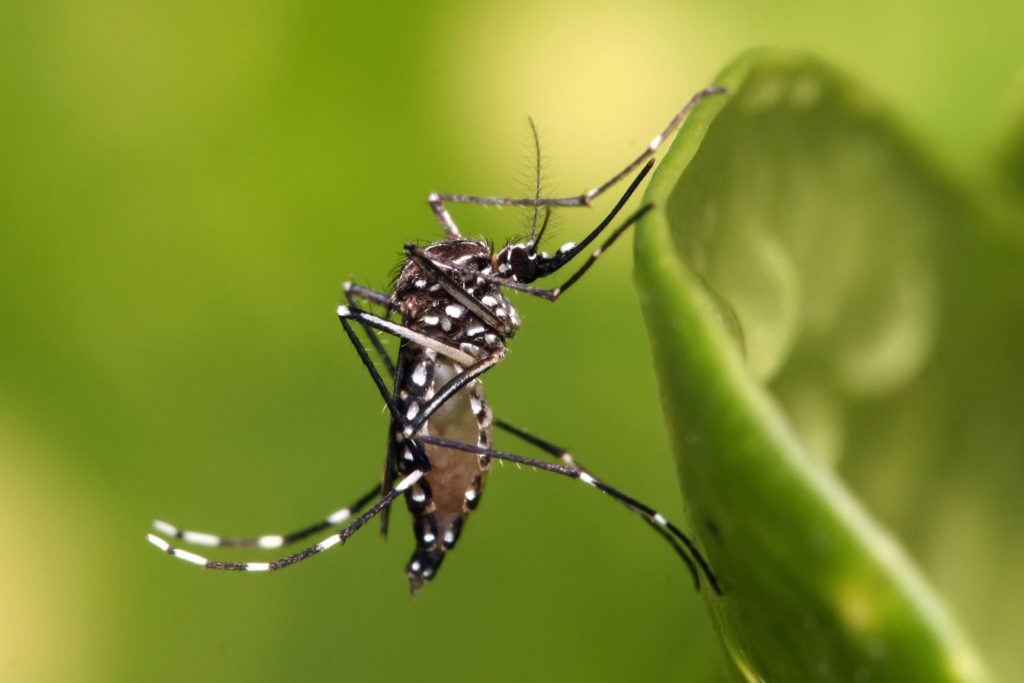
Due to climate change, two species of tropical mosquitoes are spreading into Europe at increasing rates. Their presence is linked to a range of tropical viruses, including dengue, yellow fever, chikungunya and Zika. With an increase in disease-ridden insects, we’re likely to start seeing these infections at higher rates in European countries, in Belgium and beyond.
Battling antibiotic resistance: are we ready for a bacteriophage revival?
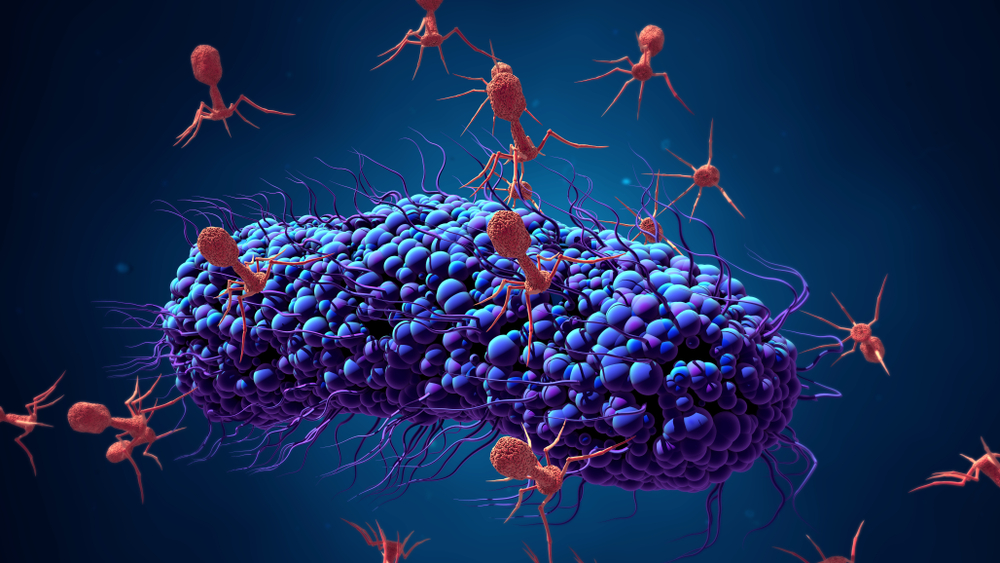
The discovery of antibiotics fundamentally changed healthcare in the 20th century. Deadly infections suddenly became treatable and millions of lives were saved. But excessive antibiotic use in both healthcare and agriculture has allowed some microbes to become resistant. Resistance has even been reported to last resort treatments, like colistin, in the past few years. With […]
Microbiome linked to depression in a groundbreaking Benelux study
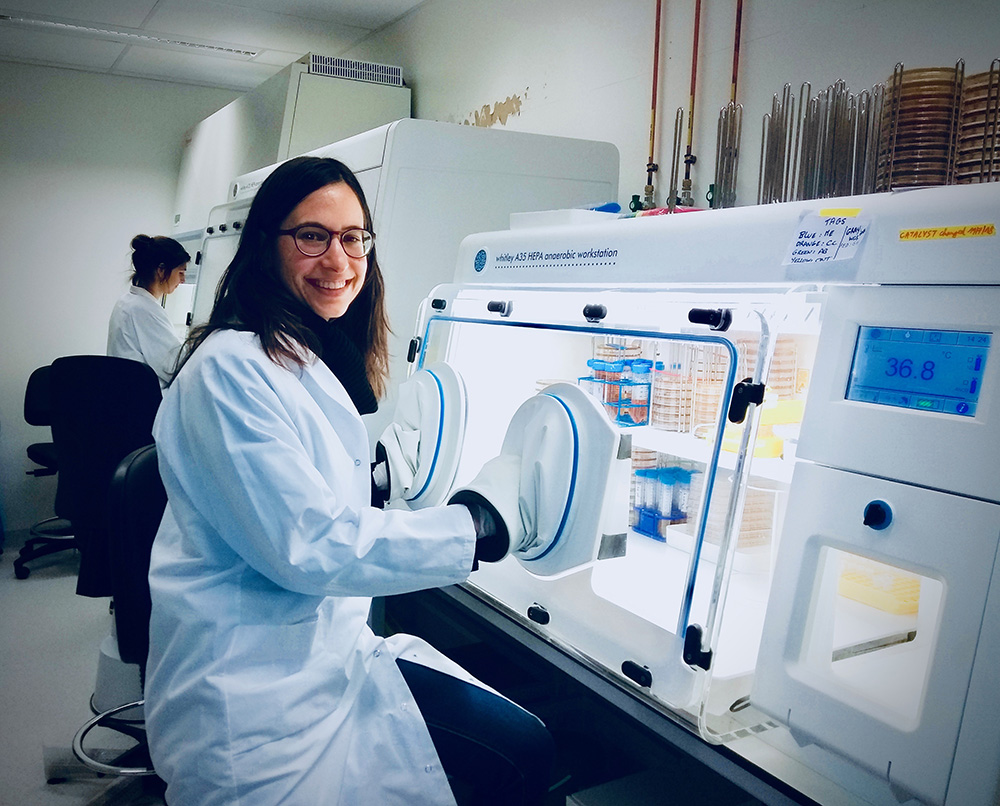
The microbiome had been at the forefront of a lot of research and news in the past few years. Now, a new study published in Nature Microbiology has linked specific microbiome changes with depression and quality of life. The largest of its kind to-date, the research was made possible by over 2000 participants from the […]
